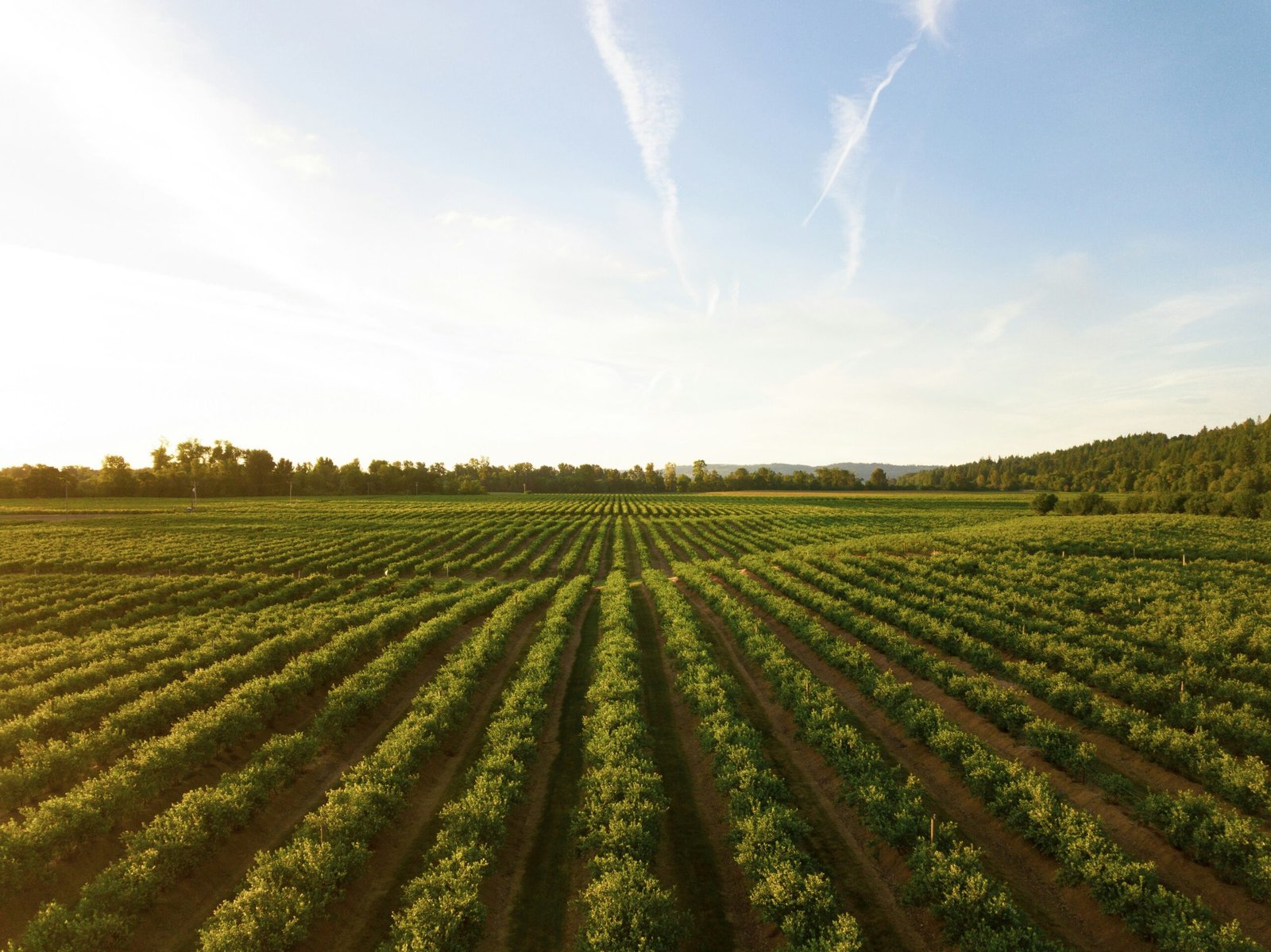What is contract farming ?
Contract farming is a mutually beneficial arrangement between farmers and agribusiness companies or organizations. In this system, farmers enter into contractual agreements with buyers to produce and supply agricultural products. These agreements outline the terms and conditions, including the quantity, quality, and price of the products. Contract farming provides farmers with a reliable market and financial security, while buyers benefit from a consistent supply of high-quality produce.
Contract farming is a system where agricultural production is carried out based on agreements between farmers and buyers (often agribusiness firms or food processors). In this system, the farmer agrees to produce a certain quantity and quality of agricultural products according to the specifications provided by the buyer. The buyer, in return, typically provides the farmer with technical support, inputs such as seeds and fertilizers, and sometimes even financial assistance.
Contract farming arrangements vary widely depending on the region, crop, and the specific terms negotiated between the parties involved. However, some common features include:
- Production Agreement: A contract is established between the farmer and the buyer, outlining the terms and conditions of the agreement, including the quantity and quality of produce to be supplied, pricing mechanisms, delivery schedules, and any support services to be provided by the buyer.
- Input Provision: In many cases, the buyer provides the necessary inputs to the farmers, such as seeds, fertilizers, pesticides, and technical assistance, to ensure the desired quality and quantity of the produce.
- Price Determination: The contract usually specifies the price at which the produce will be bought by the buyer. This may be a fixed price, a price based on market rates at the time of delivery, or a formula based on factors like input costs or prevailing market prices.
- Risk Sharing: Contract farming arrangements often involve some degree of risk sharing between the farmer and the buyer. This could include risks related to weather, pests, market fluctuations, or changes in input costs.
- Quality Standards: Buyers typically specify certain quality standards that the produce must meet, which may include criteria such as size, color, freshness, and chemical residue levels.
- Market Access: Contract farming can provide farmers with guaranteed market access, as they know in advance who will buy their produce and at what price, reducing the uncertainty associated with traditional farming.
- Legal Framework: Contract farming agreements may be governed by specific laws and regulations in some jurisdictions to protect the interests of both parties and ensure fair practices.
Contract farming can offer several potential benefits, such as access to technology and inputs, improved market linkages, reduced production risks, and increased income for farmers. However, there can also be challenges, including unequal bargaining power between farmers and buyers, issues related to contract enforcement, and concerns about dependency on a single buyer. Therefore, the success of contract farming initiatives often depends on the fairness and transparency of the agreements, as well as the presence of supportive policies and institutions.
The Benefits of Contract Farming
Contract farming offers numerous advantages to both farmers and buyers. Let’s take a closer look at some of the key benefits:
1. Market Access and Financial Security
For farmers, contract farming provides a guaranteed market for their produce. By entering into a contract, farmers have the assurance that their crops will be purchased at a predetermined price. This eliminates the uncertainty of fluctuating market prices and reduces the risk of financial losses. Additionally, contract farming often involves advance payments or credit facilities, which can help farmers with their working capital needs.
2. Technical Support and Expertise
Agribusiness companies or organizations that enter into contract farming agreements often provide farmers with technical support and expertise. This includes access to modern farming techniques, improved seeds, fertilizers, and pest control methods. By leveraging the knowledge and resources of the buyer, farmers can enhance their productivity and overall farm management practices.
3. Access to Inputs and Resources
Contract farming arrangements typically involve the provision of inputs such as seeds, fertilizers, and machinery to farmers. This ensures that farmers have access to the necessary resources to maximize their yields and maintain the required quality standards. Moreover, buyers often assist farmers in accessing credit and insurance facilities, further supporting their agricultural activities.
4. Quality Assurance and Market Linkages
Buyers in contract farming agreements usually have stringent quality standards to meet the demands of their customers. They provide farmers with the necessary guidance and training to produce crops that meet these standards. This not only ensures high-quality produce but also opens up opportunities for farmers to access premium markets and export their products.
Earning Potential in Contract Farming
Contract farming can be a lucrative venture for farmers. The potential for earnings depends on various factors, including the type of crops grown, market demand, and the terms of the contract. Here are some ways farmers can maximize their earnings through contract farming:
1. Diversification and Value Addition
Farmers can explore diversifying their crop production to meet specific market demands. For example, they can focus on growing organic crops or specialty crops that fetch higher prices. Additionally, farmers can add value to their produce by processing or packaging it, increasing its market value and profitability.
2. Efficient Farm Management
Implementing efficient farm management practices is crucial for maximizing earnings in contract farming. This includes optimizing resource utilization, reducing wastage, and adopting sustainable farming techniques. By minimizing costs and maximizing yields, farmers can improve their profitability and financial returns.
3. Building Long-Term Relationships
Developing strong and long-term relationships with buyers is essential for sustained success in contract farming. By consistently meeting quality standards, delivering on time, and maintaining open communication, farmers can build trust and secure repeat contracts. This not only ensures a stable income but also opens doors to potential expansion and growth opportunities.
4. Staying Informed and Adapting to Market Trends
Market dynamics and consumer preferences are constantly evolving. To stay competitive and maximize earnings, farmers need to stay informed about market trends and adapt their farming practices accordingly. This may involve adopting new technologies, exploring emerging markets, or diversifying product offerings to cater to changing consumer demands.
In conclusion, contract farming offers farmers a reliable market, financial security, and access to technical expertise. By leveraging these advantages and implementing effective farm management practices, farmers can maximize their earnings and create sustainable livelihoods. However, it is important for farmers to carefully evaluate contract terms and ensure they align with their goals and capabilities.








GIPHY App Key not set. Please check settings